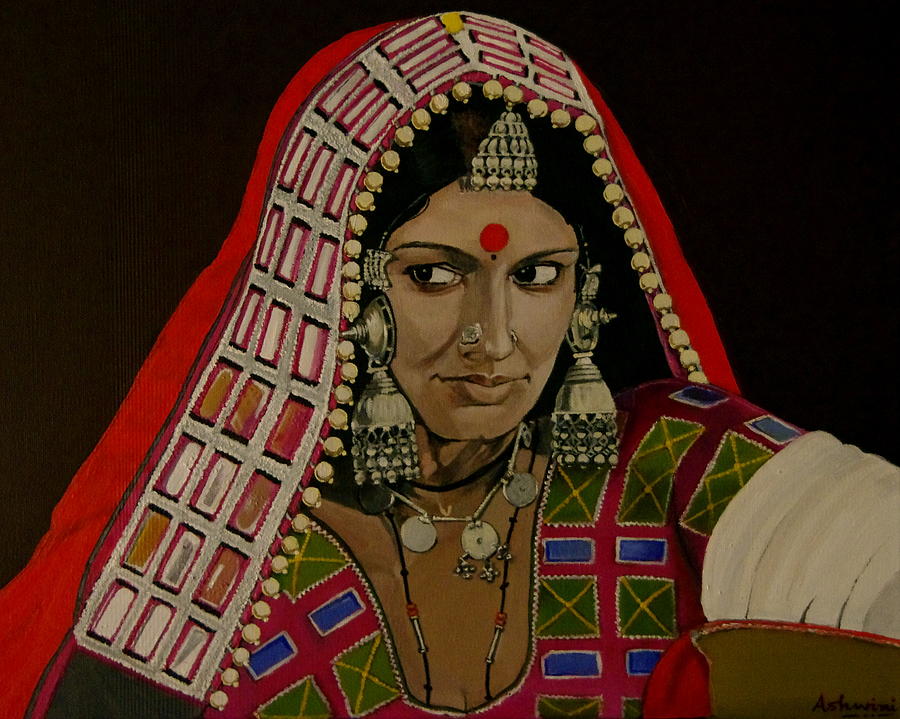Vermin Drabbles of
Disquiet
Like a monsoon
Drifting on the Aegean sea
You made promises of love
A winter rainy
Spellbound in life's Sahara
You made promises of love
Drifting on the Aegean sea
You made promises of love
A winter rainy
Spellbound in life's Sahara
You made promises of love
My Banjara evenings
Drowned in tea cups
Made no noise
Vermin drabbles of disquiet
Had no poise
Drowned in tea cups
Made no noise
Vermin drabbles of disquiet
Had no poise
Getting dry in spells of rain
Is your old habit
I know
Measures of your laughter
Amphibious
Never mine you know?
Is your old habit
I know
Measures of your laughter
Amphibious
Never mine you know?
There are times when you love to love the times
A cliche
Tired of times
A cliche
Tired of times
I wonder
If time had two dimensions
Could have drawn a perfect circle
On a perfect plane
With two centers
(A realist you know!)
But dimensions are three
And you!
These wasted hours
Could have fetched the best prices
If traded like commodities
In Futures market
I wish!
But I can't
Dear love...
Like a monsoon drowned in The Aegean sea
You made promises of love
Of love, monsoons and recollections.

Lambada Woman -- Ashwini Bharathula
The Banjara are a nomadic community between Afghanistan and Rajasthan, India. Their name is derived from the Sanskrit "vana chara" (wanderers in the jungle jungle). Their earlier designation, the Lambani or Lamani, came from "lavana" (salt), since traditionally they were salt merchants and suppliers of bullock. Originally they resided in Gor, an independent state in modern Afghanistan, and they speak Gor Boli, which is related to Gujarati. They are especially noted for lepo embroidery, which involves stitching pieces of mirror, decorative beads, and coins onto clothing.
ReplyDeleteSati, the goddess of marital felicity and longevity, is held in particular esteem. She was Shiva's first consort, before Parvati (who is her avatar); both consorts were responsible for leading him from ascetic isolation into creative participation in the world. She was one of the many daughters of Daksha, who was born from Brahma's right thumb. Despite Daksha's opposition, she eloped with Shiva (regarded by her father as a dirty, roaming ascetic) and transformed him into a doting, loving husband. When Daksha organized a horse sacrifice without inviting his daughter or her husband, Sati went anyway, despite Shiva's wishes, but her father snubbed her and insulted her in front of his guests, causing her to run into the fire. From then on, Shiva carried her partly-burned corpse with him on his wanderings; wherever pieces of her body fell, temples arose to worship her. This "act of Sati" (suttee) developed, at first among the warrior clans in the 4th century BCR but throughout the social castes between the 12th and 18th centuries, into the practice of widows immolating themselves on their husbands' funeral pyre.
Thank you Duane Vorhees for providing this beautiful creative space and for the well researched comment to make the poem more accessible for readers. Amazing
ReplyDelete